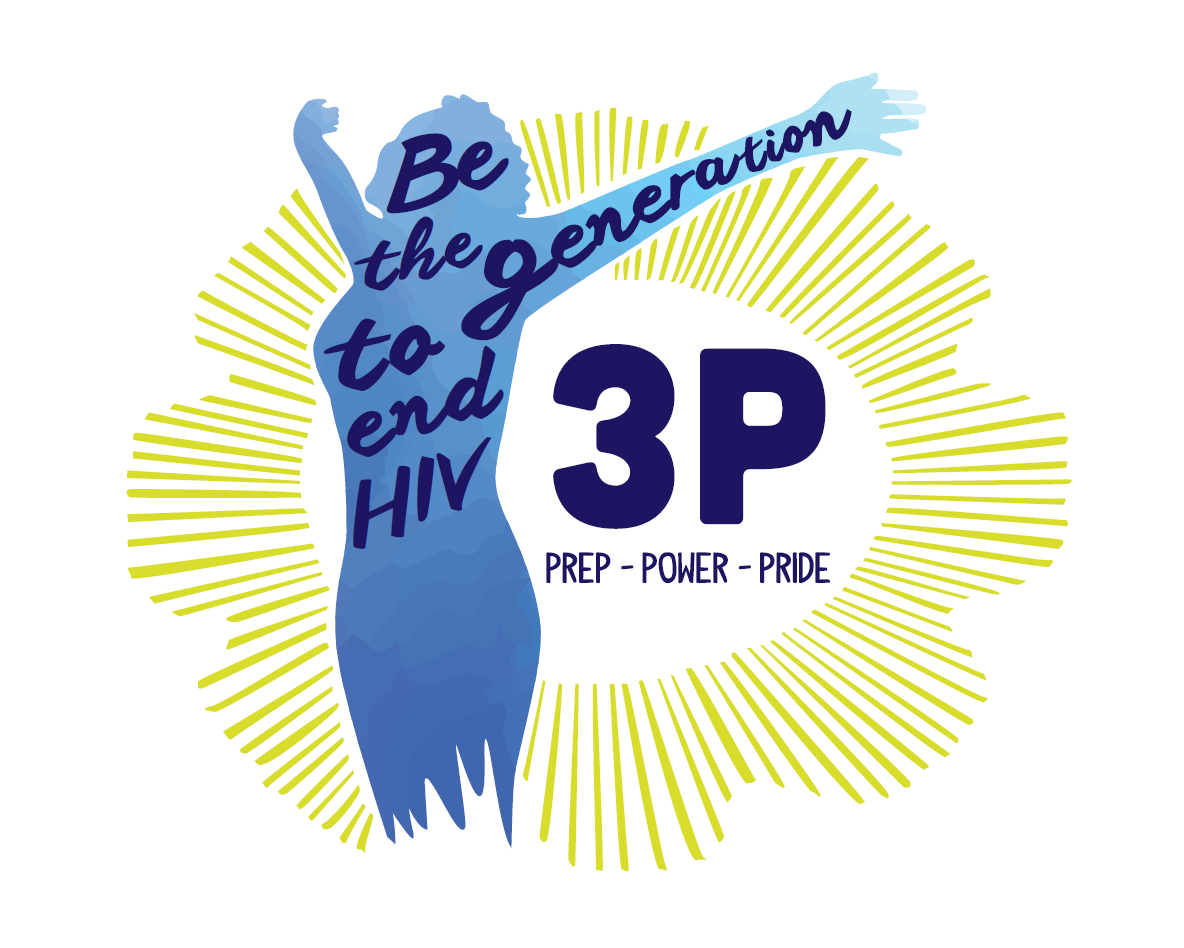Behaviour Centred Design (BCD) has been developed over the past decade by academics from LSHTM’s Environmental Health Group. The approach combines evolutionary and environmental psychology and best marketing practice to design and test imaginative and provocative behaviour change interventions.
Those interested in BCD can take advantage of a number of resources and publications available on this website.
Robert Aunger
|
|
Valerie Curtis
|
|
Helen Buxton
|
|
Katie Greenland
|
|
Sian White
|
The BCD approach has been used to change behaviour in a number of programs around the world.
| Our projects | |
|---|---|
|
Project Name: SuperAmma (‘SuperMom’) 2. Rajaraman D, Varadharajan K, Greenland K, Curtis V, Kumar R, Schmidt W, Aunger R and Biran A (2014). "Implementing effective hygiene promotion: lessons from the process evaluation of an intervention to promote handwashing with soap in rural India." BMC Public Health |
|
|
Project Name: Komboni Housewives 2. Greenland K, Chipungu J, Curtis V, Schmidt W, Siwale Z, Mudenda M, Chilekwa J, Lewis J, Chilengi R (2016). "Multiple behaviour change intervention for diarrhoea control in Lusaka, Zambia: a cluster randomised trial." The Lancet Global Health 4(12): e966-e977. |
|
| Project Name: 3P Active Dates: 2015-present Target Behaviour(s): Use, of and adherence to, oral PrEP Target Population: Adolescent girls and young women Country: South Africa Funder(s): Gates Foundation |
|
|
Project Name: Nepal Food Hygiene Project |
|
|
Project Name: Project Baduta |
|
| Project Name: Respect Campaign Active Dates: 2015-17 Target Behaviour(s): Handwashing with soap Target Population: Mothers of children under five Country: Nigeria Funder(s): WSSCC |
|
| Project Name: Lusaka Sanitation Demand Active Dates: 2016-present Target Behaviour(s): Latrine improvement Target Population: Landlords Country: Zambia Funder(s): Sanitation and Hygiene Applied Research for Equity |
|
|
Project Name: Exercise Promotion in Cancer Patients Doyle, Ciaran. (2015). Evaluation of a Home-Based Walking Exercise Program on Fatigue and Health Related Quality of Life in Prostate Cancer Patients Undergoing Radiation Therapy: A Pilot Study. (DrPH), London School of Hygiene and Tropical Medicine, London. |
|
| Project Name: Hand Hygiene Compliance Improvement Active Dates: 2014-present Target Behaviour(s): Handwashing with soap Target Population: Nurses Country: USA Funder(s): GoJo Industries |
BCD has also been used in a number of projects with various commercial and creative clients not reported here.
BCD Resources
BCD Paper
This peer-refereed paper provides a brief, non-technical introduction to the approach.
BCD Manual
For behaviour change practitioners, the BCD Manual is a user-friendly means of learning how to use BCD during the program development process.
BCD Guide
For researchers, the BCD Guide provides a more theoretical foundation for BCD.
BCD Infographic
The BCD Infographic is a simple, graphically-oriented introduction to the main tenants of the approach.
BCD Formative Research Protocols
These Protocols provide a wide range of techniques for eliciting information during formative research fieldwork.
BCD Checklist
The BCD Checklist is a tool for understanding the causes of behaviour that can be used in collaboration with formative research, behavioural observation, theory of change development and other tasks.
Webinars
The following links are to a series of six roughly hour-long webinars about BCD theory and process for designing behaviour change programs, with a focus on hygiene, and some general background on behaviour change.
- WaterAid BCD Webinar 1
- WaterAid BCD Webinar 2
- WaterAid BCD Webinar 3
- WaterAid BCD Webinar 4
- WaterAid BCD Webinar 5
- WaterAid BCD Webinar 6
A set of lecture notes to accompany these webinars are also available as a set of pdfs below:
- Module 1 - Behaviour change Theory (pdf)
- Module 2 - Assess (pdf)
- Module 3 - Build (pdf)
- Module 4 - Create (pdf)
- Module 5 - Deliver (pdf)
- Module 6 - Evaluate (pdf)
Evidence of impact
"Effect of a behaviour-change intervention on handwashing with soap in India (SuperAmma): a cluster-randomised trial."
Biran A, Schmidt W, Varadharajan K, Rajaraman D, Kumar R, Greenland K, Gopalan B, Aunger R, Curtis V (2014) The Lancet Global Health 2(3): e145-e154
"Implementing effective hygiene promotion: lessons from the process evaluation of an intervention to promote handwashing with soap in rural India."
Rajaraman D, Varadharajan K, Greenland K, Curtis V, Kumar R, Schmidt W, Aunger R and Biran A (2014), BMC Public Health
Theory-based formative research on oral rehydration salts and zinc use in Lusaka, Zambia
Greenland K, Chipungu J, Chilengi R and Curtis V (2016), BMC Public Health
"Multiple behaviour change intervention for diarrhoea control in Lusaka, Zambia: a cluster randomised trial."
Greenland K, Chipungu J, Curtis V, Schmidt W, Siwale Z, Mudenda M, Chilekwa J, Lewis J, Chilengi R (2016), The Lancet Global Health 4(12): e966-e977
Food hygiene intervention to improve food hygiene behaviours, and reduce food contamination in Nepal: an exploratory trial
Gautam, Omprasad (2015), PhD thesis, London School of Hygiene & Tropical Medicine. DOI: 10.17037/PUBS.02531624
Can gossip change nutrition behaviour? Results of a mass media and community-based intervention trial in East Java, Indonesia
White S, Schmidt W, Sahanggamu D, Fatmaningrum D, van Liere M, Curtis V.(2016), Trop Med Int Health
Experimental pretesting of hand-washing interventions in a natural setting
Judah G, Aunger R, Schmidt WP, Michie S, Granger S, Curtis V, American Journal of Public Health. 2009 October 24: 05-11
‘Forming a flossing habit: An investigation into the psychological determinants of habit formation’
Judah, G, Sood B, and Aunger B, British Journal of Health Psychology
‘Tooth-brushing as routine behaviour.’
Aunger, Robert (2007), International Dental Journal 57 (5): 364-376
Theoretical frameworks
‘The Evo-Eco approach to behaviour change’
Aunger, Robert and Valerie Curtis (2014), Applied Evolutionary Anthropology, ed. by David Lawson and Mhairi Gibson. Springer
‘Planned, motivated and habitual hygiene behaviour: an eleven country review.’
Curtis, Valerie, Lisa Danquah and Robert Aunger (2009), Health Education Research 24(4): 655-673
‘Stage models of behaviour change’
Sniehotta, Falko and Robert Aunger (2010), Health Psychology (2nd edition), edited by David P French, A Kaptein, K Vedhara and John Weinman. Oxford: Wiley/Blackwell
A New Approach to Studying the Effects of Modern Technologies on Human Behavior
Aunger, Robert (2010), ‘Three roads to cultural replication’. Evolutionary Psychology and Information Systems Research. Edited byNed Kock. New York: Springer Verlag, pp. 341-354
Motivational mismatch: Evolved motives as the source of – and solution to – global public health problems
Curtis, Valerie and Robert Aunger (in press), Practical Uses of Evolutionary Psychology, ed. by Craig Roberts. Oxford University Press
Serotonin-a link between disgust and immunity?
Rubio-Godoy, M., R. Aunger, and CURTIS V. (2007), Medical Hypotheses 68(1): 61-66
The anatomy of motivation: An evolutionary ecological approach
Aunger, Robert and Val Curtis (2013), Biological Theory 8:49-63
Three kinds of psychological determinants for hand-washing behaviour in Kenya
Aunger, Robert, Wolf-Peter Schmidt, Ashish Ranpura, Yolande Coombes, Peninnah Mukiri Maina, Carol Nkatha Matiko and Valerie Curtis (2010), Social Science and Medicine 70: 383-391
‘Kinds of behaviour’
Aunger, Robert, and Valerie Curtis (2008), Biology and Philosophy 23(3):317-345
‘Disgust as an adaptive system for disease avoidance behaviour’
Curtis, Valerie, Míchèal DeBarra and Robert Aunger (2011), Philosophical Transactions of the Royal Society B: Biological Sciences 366: 389-401
Why disgust matters
Curtis, V. (2011), Philos Trans R Soc Lond B Biol Sci
‘Infection cues and disgust sensitivity’
De Barra, Míchèal, Robert Aunger, Diana Fleischman, and Valerie Curtis (submitted), Journal of Personality and Social Psychology
Evidence that disgust evolved to protect from risk of disease
CURTIS V, AUNGER R and RABIE T (2003), Proceedings of the Royal Society Biology Letters Supplement, 2003, 0144
Dirt, Disgust, and Disease: Is Hygiene in Our Genes?
Curtis, V and Biran, A, Perspectives in Biology and Medicine, 44.1, 2001
Hygiene: How myths, monsters and mothers-in-law can promote behaviour change
CURTIS V. (2001), Journal of Infection 2001: 43: 75 – 79
Dirt and Disgust: a Darwinian perspective on hygiene
Curtis V, Voncken N and Singh S, Medische Antropologie 11 (1) 143-158 1999
Behaviour Centred Design is being used to guide programming around COVID-19 public health responses around the world.
This guide shows how governments in LDICs can use this approach effectively.














